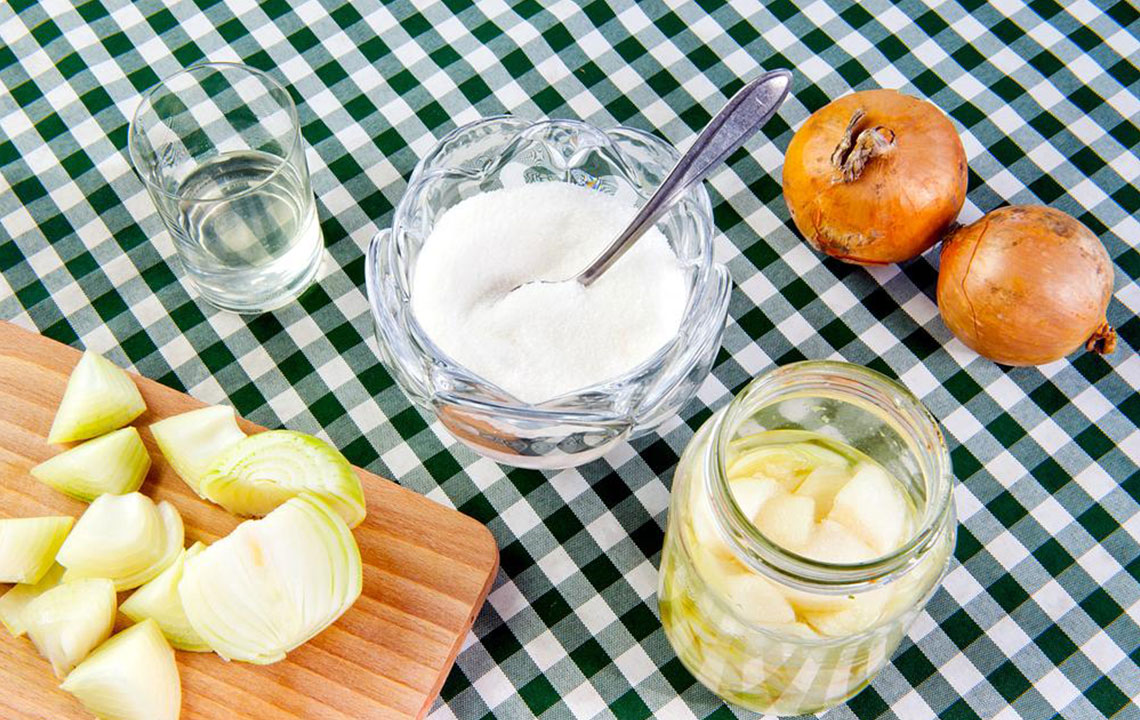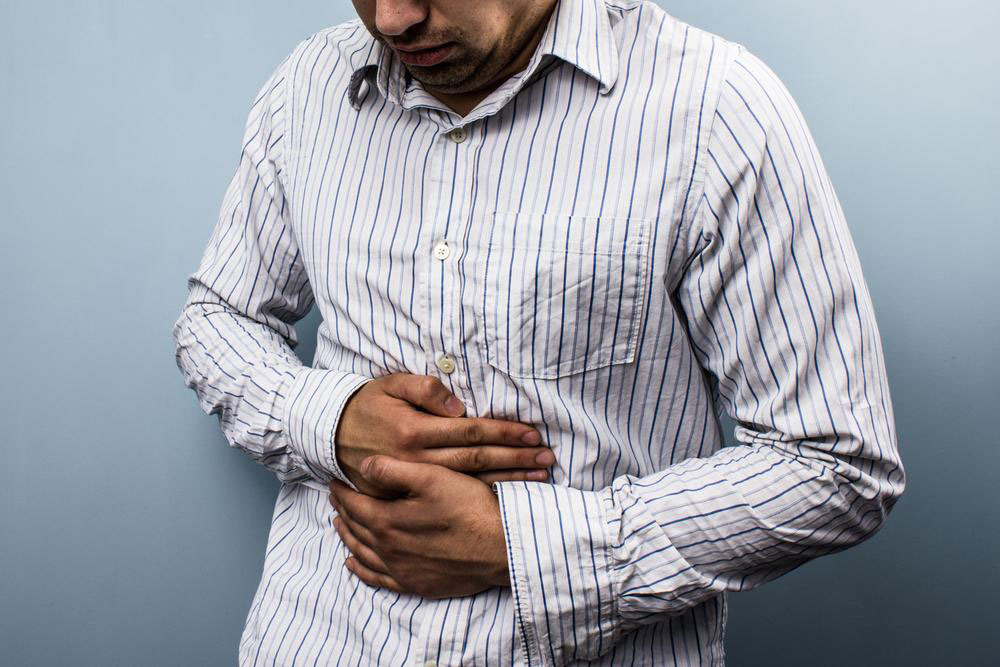Effective Solutions for Managing Persistent Diarrhea
Discover effective strategies to manage persistent diarrhea, including hydration, over-the-counter meds, probiotics, and dietary tips. Timely treatment is crucial to prevent complications and ensure recovery. This article provides expert guidance on symptoms, causes, and safe management practices for chronic diarrhea, especially in children and adults. Learn how to alleviate symptoms, choose suitable foods, and when to seek medical help to maintain gut health and overall well-being.

Strategies to Address Long-Term Diarrhea
Understanding Diarrhea
Diarrhea manifests as frequent, watery bowel movements. It’s usually temporary, lasting for 2-3 days, and can often be eased with simple medications. Some individuals experience recurrent episodes due to conditions like irritable bowel syndrome or other health issues.
Signs and Symptoms of Diarrhea
Cramps and abdominal discomfort
Sudden urge to defecate
Thin or watery stool
Bloating and abdominal distension
Nausea or vomiting sensation
Weight reduction
Presence of blood or mucus in stool
Fever
Maintaining hydration is crucial during diarrhea to prevent dehydration, especially in children and vulnerable populations.
Causes of Diarrhea
Diarrhea often results from stomach infections but can be triggered by other factors such as:
Diabetes
Digestive system disorders
Alcohol consumption
Food allergies
Consuming unsuitable foods
Bacterial infections
Physical activity or stress
Medication side effects
Excessive laxative use
Certain cancers
Radiation therapy
Thyroid disorders (hyperthyroidism)
How to Manage Chronic Diarrhea
Stay well-hydrated:
Keeping fluids up is vital. Dehydration from ongoing diarrhea can be risky. For infants, continue breastfeeding or use oral rehydration solutions like Pedialyte. Adults can use electrolyte drinks or sports drinks, avoiding caffeinated beverages such as soda, coffee, or liquor which are not suitable during this period.
Use Appropriate Medications:
Several over-the-counter treatments can provide relief. However, consulting a healthcare professional before use is essential. Common options include bismuth subsalicylate and loperamide. These help control symptoms but do not address the underlying cause. Severe or persistent diarrhea (lasting over 14 days) warrants medical attention, as it may indicate a more complex issue.
Special care is necessary for children, as dehydration can pose a serious threat. Babies under three months with diarrhea should see a doctor immediately. If symptoms include fever or intense stomach pain, seek prompt medical advice.
Probiotics:
Probiotics are beneficial bacteria that restore gut health. They can be found naturally in foods like:
Kimchi
Dark chocolate
Kefir
Green olives
Kombucha
Pickles
Miso
Tempeh
Yogurt
Soft cheese, aged or cottage
Beet Kvass
Sourdough bread
Natto
Sauerkraut
Probiotic supplements in pill or powder form are also available.
Diet for Alleviating Diarrhea
Consuming the right foods can aid recovery. Focus on low-fiber, bland foods that help firm up stool, such as:
White rice
Bananas
Toast
Applesauce
Baked or boiled potatoes
Oatmeal
Chicken soup
Foods to avoid during diarrhea include:
Alcoholic beverages
Berries and nuts
Cruciferous vegetables like broccoli and cauliflower
Legumes such as chickpeas and beans
Spicy foods, dairy, and foods with artificial sweeteners
To summarize, timely treatment of chronic diarrhea is vital to prevent complications. Following proper hydration, medication, diet, and medical advice can lead to effective recovery and management.










